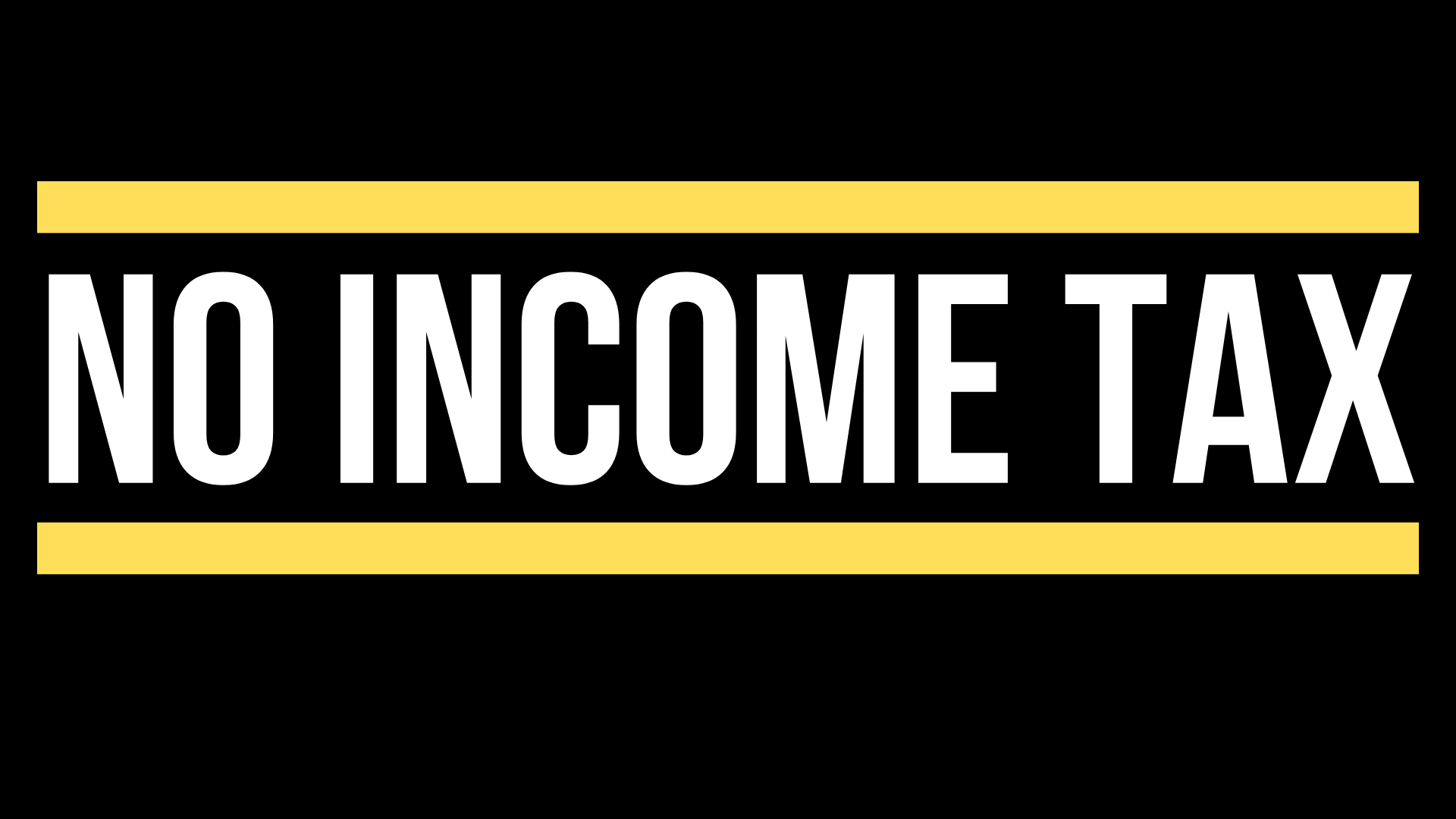Two very exciting bills were introduced today (HB 2780 & HB 2797). These proposals both called "An Act Relating to Revenue" could end up being the largest tax cuts in state history. Or maybe they'll impose the largest tax increase we've ever seen. Or perhaps they'll simply offer Seattle residents a rebate for paying the new city soda tax. One thing we do know for sure, both bills are basically blank canvases with full text currently saying: "The legislature intends to enact legislation concerning revenue."
These bills are known as "Title Only" bills. Not only are title only bills not the norm across the country, they basically exist to circumvent the state constitution’s protection for transparency on new bills within last 10 days of session.
According to Article 2, Section 36 of the state Constitution:
"No bill shall be considered in either house unless the time of its introduction shall have been at least ten days before the final adjournment of the legislature, unless the legislature shall otherwise direct by a vote of two-thirds of all the members elected to each house, said vote to be taken by yeas and nays and entered upon the journal, or unless the same be at a special session."
To get around this constitutional restriction on new bills being introduced in the last ten days of session, lawmakers use title only bills as a placeholder to place the real text of legislation in at a later time without having to secure the two-thirds vote required if the bill were dropped after the cutoff period.
Are title only bills prevalent across the country? No.
According to Bruce Feustel of the National Conference of State Legislatures (NCSL):
"Most states I am familiar with do not allow title only bills for legislative consideration, generally under the reasoning that you need to know the details of a bill to make an informed decision about how to vote on it and even where to refer it."
If the state's constitution is truly getting in the way of lawmakers being transparent and providing adequate public notice, it would be better for them to propose repeal of Article 2, Section 36 and replace it with meaningful legislative transparency protections that would:
- Provide mandatory public notice and waiting periods before legislative action;
- Ban title only bills; and
- Subject the legislature to the same transparency requirements that are placed on local governments.
Adopting these type of transparency protections and ending the practice of title only bills would help lawmakers fulfill their goal to "Increase public participation, understanding, and transparency of the legislative process."





